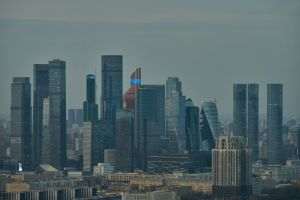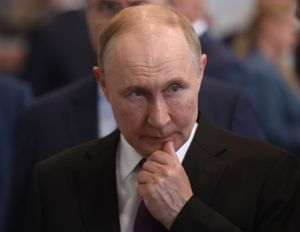Viviani Mirică
The current version of the Nabucco Project is impossible, considering the significant cost, Russia"s opposition and the lack of access to natural gas deposits, either in Iran or in Turkmenistan, according to Marius-Eugen Opran, Executive President of the General Union of Industrialists in Romania (UGIR) and Member of the European Economic and Social Council.
He pointed out that the current version of Nabucco, which would transport natural gas from Central Asia to Europe via Turkey, Bulgaria, Romania, Hungary and Austria, was not supported by important European Union Members, such as Germany, France and Italy. Opran further said that Germany was involved in the North Stream Project, while Italy was favouring the South Stream Project. These countries believe that the European Union"s decision to finance the completion of Nabucco is groundless, especially considering that the estimated value increased from 4 billion EUR a few years ago to 10 billion EUR presently.
Additionally, the Bulgarian Parliament has already decided the country"s participation in the South Stream, which means that Bulgaria will not finance Nabucco. Concurrently, Russia has secured 50% of the storage facility in Baumgarten, Austria, which serves as a supply hub for Central and Eastern Europe. On top of everything, natural gas extracted in Iran or Turkmenistan is difficult to bring to Europe, Opran added.
A key mission for the European Union will be to convince Kazakhstan, Turkmenistan and Uzbekistan to diversify their gas supply routes, which current go via Russia. "Stability in these countries should be more important to the European Union. The avoidance of internal armed conflicts, civil war, should be more important than the level of democracy. As soon as these countries take a step towards the European Union, some NGOs pop up and say there is no democracy over there," the UGIR official said.
In his opinion, the European Union should help Kazakhstan and Azerbaijan regain their independence on the matter of natural gas and oil deliveries, support companies that invest in the Caspian Sea area, strengthen Turkey"s position as a bridge between the Caspian Sea and the European Union and stop Iran"s nuclear ambitions in order to capitalize on the country"s natural gas potential, Opran added.
• The Rotraz Project, an alternative to Nabucco
As a Member of the European Economic and Social Council, Marius-Eugen Opran will present the European Union Commissioner for Energy Andris Piebalgs with the Rotraz Project, which would transport natural gas from Azerbaijan to Europe via Georgia, Turkey and Romania. Rotraz is practically an alternative route to Nabucco. Unlike the initial project, Rotraz will include a 60 kilometre detour north of Istanbul and, respectively, 370 kilometres underneath the Black Sea to Constanta, Romania.
The gas delivered to Romania could be a viable alternative to the countries that are sometimes under Russian embargo and are not involved in any of the existing projects. That would be the Czech Republic, Poland, Slovakia and the Baltic Countries. As the chances to see the European Union finance the current version of Nabucco have decreased considerably, private companies will have to take this responsibility. However, "private company will not put any money into it, because they are afraid of the South Stream," Opran concluded.
For Romania, building a submarine pipeline to Constanta would cost some 1.5 billion EUR, compared to the 4.4 billion EUR required for the South Stream or 5 billion EUR for the White Stream. "We have become the hub for the distribution within the European Union," Opran concluded.
If Turkey seeks 15% as a fee for the 2,000 kilometres of Turkish soil transited by the pipeline, Romania could take at least 3-4% for 800-1,000 kilometres of transit on Romanian soil. From an overall annual traffic of 30 billion cubic meters of gas sent via the Rotraz, Romania could receive 1 billion cubic meters free of charge. One billion cubic meters of per year is exactly what Romania is missing to cover the natural gas deficit.

















































